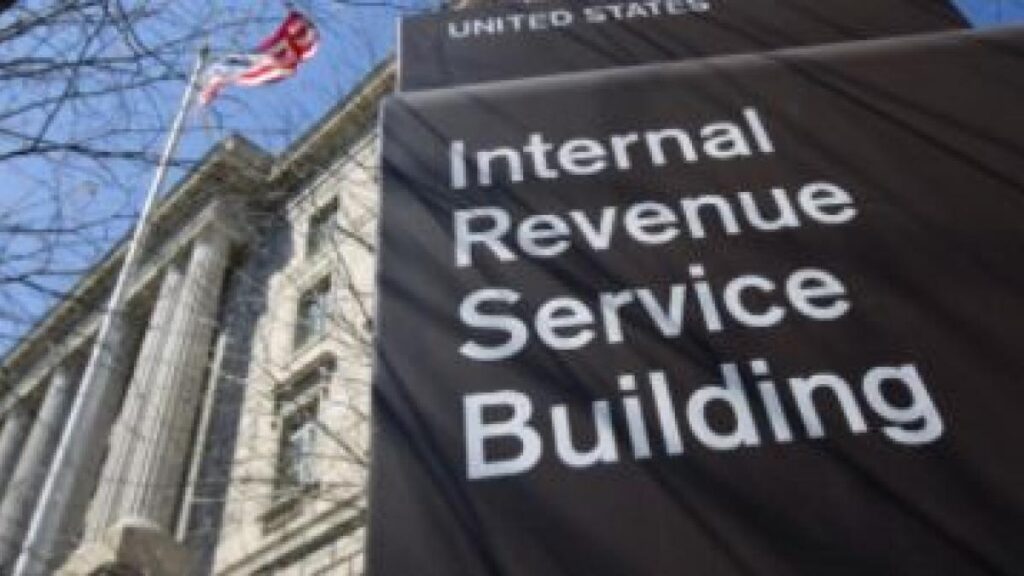
Tax and Accounting Services
About DuPage Tax Solutions
DuPage Tax Solutions is located in Naperville, IL. Our clients are mostly residents and small businesses within the Chicago metropolitan area – DuPage, Cook, Will, and Lake counties. Our remote work capabilities allowed us to extend our services nationwide. Today, we pride ourselves in having clients from all 50 states. Our virtual services are fast, easy, and convenient. Clients submit and review documents electronically through our secured online portal.
IRS Communication: What to Expect

Scammers often impersonate IRS agents to steal money by creating panic. They may threaten lawsuits, demand immediate payments, or make aggressive calls. However, the IRS follows strict procedures and does not use these tactics. In this guide, we’ll help you identify common scams, understand official IRS communication, and know how the IRS handles debts, refunds, and payments.
Home » IRS Communication: What to Expect
What Types of Schemes Are There?
Understanding the schemes scammers use is the first step in protecting yourself. Here are the most common types:
Telephone Scams
Scammers may call and impersonate IRS employees, demanding immediate payments. Specifically, they often use fake names, aggressive threats, and even false identification badge numbers to appear credible. Therefore, if you receive a suspicious call, hang up and verify it directly with the IRS.
Email Scams
Scammers send emails that look like official IRS communication. These emails may ask you to confirm personal information, your filing status, or PIN numbers. However, remember that the IRS does not use email for sensitive communication. Instead, they will always contact you via official mail. So you should never respond to suspicious emails.
What Does IRS Communication Look Like for Debts and Refunds?
The IRS always contacts taxpayers using official methods. Here’s what to expect:
- Firstly, the IRS sends a letter or notice through the U.S. Postal Service. This is the primary method of contact.
- Secondly, the IRS does not communicate about debts, refunds, or personal tax matters via email, text messages, or social media.
If you receive unexpected electronic messages claiming to be from the IRS, consider it a red flag. Always take time to verify the legitimacy of the message. Following this step can help you avoid falling for scams.

IRS Communication Through Phone Calls and Home or Business Visits
There are legitimate instances when the IRS will communicate with you through a phone call or visit your home or place of business. These include:
- You have an overdue tax bill.
- You have a delinquent tax return or unpaid employment taxes.
- You are undergoing an audit.
How Does This Work?
IRS employees may:
- Call you to set up an appointment.
- Make unannounced visits as part of an audit or investigation, but only after sending a letter first.
If someone claiming to be from the IRS calls or visits you without prior communication through a letter, treat it as suspicious and verify their identity before responding. Specifically, credentials include a pocket commission or a personal identity verification credential.
How Does the IRS Handle Payments?
Scammers often demand unusual or specific payment methods, but the IRS has clear procedures for handling payments.
The IRS does not:
- Demand specific payment methods, like wire transfers or prepaid debit cards.
- Require immediate payment without giving you the opportunity to appeal or ask questions.
- Threaten to arrest or deport you for unpaid taxes.
Legitimate IRS Payment Methods
If an IRS agent visits you, they may request payment, but only to the U.S. Treasury. Any request for payments made to individuals, third parties, or unfamiliar accounts is likely a scam. Therefore, you should always confirm payment details before proceeding.
Staying informed about these procedures can protect you from fraudulent demands. For accurate information on IRS payment options, visit the official IRS website.
Protect Yourself from IRS Scams
Overall, knowing how the IRS communicates can help you identify scams and protect yourself from fraud.
If someone calls, emails, or visits claiming to be from the IRS, stay vigilant and verify their legitimacy. By taking these precautions, you can avoid falling victim to scams.
For expert guidance on handling IRS communication, tax debts, or audits, consult DuPage Tax Solutions. Our professionals can provide personalized assistance to ensure you stay compliant and protected.
Common tax scams and tips to help taxpayers avoid them | Internal Revenue Service. https://www.irs.gov/newsroom/common-tax-scams-and-tips-to-help-taxpayers-avoid-them
How to know if it’s really the IRS | Internal Revenue Service. https://www.irs.gov/newsroom/how-to-know-if-its-really-the-irs#:~:text=The%20IRS%20wants%20you%20to,the%20United%20States%20Postal%20Service
You May Also Like These


Household Employee Tax Basics

Tax Planning for Major Life Events

Summer Tax Planning Tips
Ready to Take Control of Your Finances?
Contact us today for personalized tax, accounting, and advisory services tailored to your needs. Let’s work together to achieve your financial goals!

Contact Info
Ph. (630) 909 9700
Email: DPTax@DP-Tax.com
Mail address:
1552 Illinois Rte 59 #1037
Naperville, IL 60564
Business Hours
Mon: 11 am – 7 pm
Tue: 11 am – 7 pm
Wed: 11 am – 7 pm
Thu: 11 am – 7 pm
Fri: 11 am – 7 pm
Sat: 12 pm – 5 pm
Sun: CLOSED
Helpful Links
© 2024 DuPage Tax Solutions | Site Map | Privacy Policy | Disclaimer
